Nature isn’t just a getaway—it’s something your body and mind are wired to need.
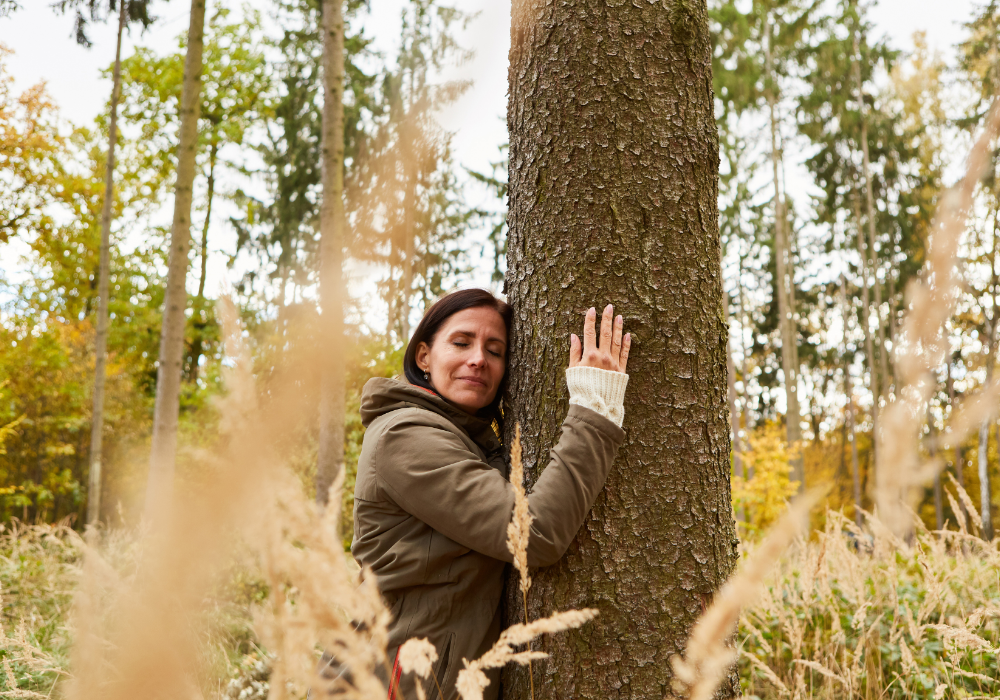
Modern life keeps us trapped in a cycle of screens, schedules, and artificial spaces. We wake up to alarms, spend hours under fluorescent lights, and end the day doom-scrolling until we pass out. But the second we step outside—into a forest, onto a mountaintop, or even just under an open sky—something shifts. That tension in your chest loosens. The world feels bigger, but somehow, so do you.
Science backs it up: spending time in nature lowers cortisol, boosts focus, and rewires your brain for happiness. But beyond that, it taps into something ancient, something we were never meant to lose. The wilderness isn’t just a nice place to visit—it’s a part of who we are. If you’ve ever felt an unshakable longing for fresh air, open space, and the sound of leaves rustling in the wind, here’s why your soul is begging for the wild.
1. Mother Nature is the therapist you don’t have to book an appointment with.
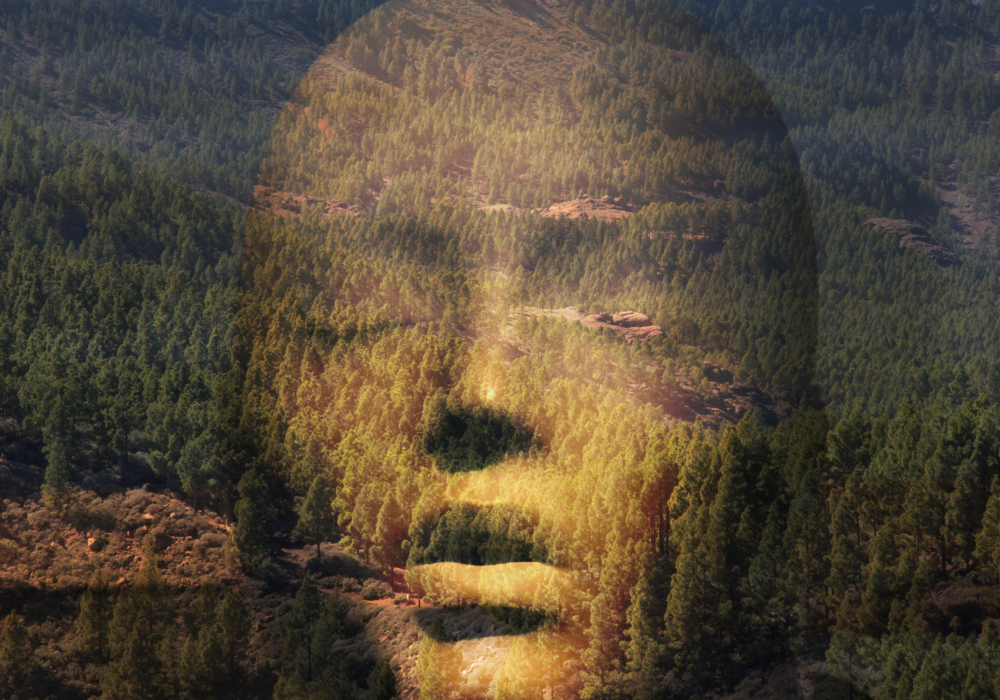
Stressed? Overwhelmed? Feeling stuck in your own head? Instead of scrolling for answers, step outside. Spending time in nature can help relieve stress and anxiety, improve your mood, and boost feelings of happiness and well-being, according to the American Heart Association.
Unlike a therapist’s office, the wild doesn’t have a waiting list. Whether you’re walking in the woods, sitting by a river, or simply standing barefoot in the grass, nature gives your mind the space to slow down. Even something as simple as watching the wind ripple through leaves can quiet mental chatter.
The rhythm of the natural world—waves lapping, birds calling, trees swaying—syncs with your nervous system, pulling you out of stress mode and into a calmer state. No deep conversations required, just fresh air and the chance to reset.
2. The wild calls to something ancient in you—and it won’t stop ringing.

There’s a reason the sound of waves, the scent of pine, or the sight of rolling hills feels more comforting than any cityscape. Long before skyscrapers and traffic jams, humans lived in wild places. Our brains are wired to feel at home in nature, even if modern life tries to convince us otherwise.
Sam Pyrah of The Guardian explains that spending time in nature activates the parasympathetic nervous system—the part of the body responsible for rest and relaxation—helping to create a deep sense of calm. That urge to escape to the mountains or stare at the stars isn’t random; it’s a craving for the environment our ancestors thrived in. The more time you spend outside, the more you reconnect with the part of yourself that still longs for wide-open spaces and the sound of the wind through the trees.
3. Standing under a vast sky makes your problems feel laughably small.
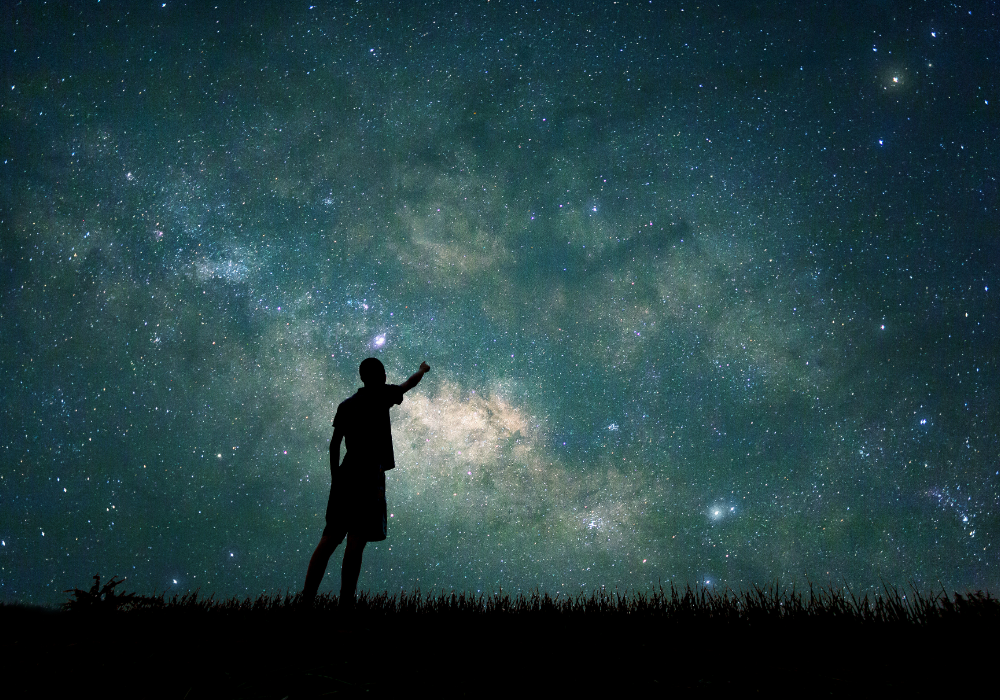
Daily life makes everything feel urgent. Emails, bills, social pressures—it’s easy to believe the world revolves around personal stress. But step into the wilderness, and suddenly, things shift. Standing in an open field or beneath a sky full of stars, problems that once felt overwhelming start to lose their grip.
Researchers Alan Ewert and Yun Chang found that spending time in nature significantly reduces stress levels and helps restore a sense of calm and perspective. Towering mountains, endless deserts, and deep oceans remind us that we’re part of something bigger. They don’t erase life’s struggles, but they make them feel less suffocating. This isn’t about escape; it’s about recalibration. When you realize how small you are in the grand scheme of things, it’s freeing. The weight of daily worries doesn’t disappear, but it gets put in its rightful place—somewhere far less overwhelming.
4. Nature’s reset button is real, and your brain is begging you to press it.

Between glowing screens and constant noise, modern life is an assault on the senses. That mental fog, low energy, and short attention span? It’s not just stress—it’s overstimulation. Your brain wasn’t built for nonstop input, and nature offers the perfect antidote.
Studies show that even 20 minutes in a natural setting can restore focus, improve cognitive function, and lower stress hormones. Longer exposure deepens the benefits, helping with memory, problem-solving, and emotional resilience.
This isn’t just about taking a break—it’s about giving your brain the conditions it was designed for. Trees don’t rush, rivers don’t stress, and the sky doesn’t send notifications. The more time you spend outdoors, the more your mind recalibrates to a healthier rhythm, one that isn’t dictated by Wi-Fi signals and push alerts.
5. Wild landscapes unlock creativity in a way Wi-Fi never will.
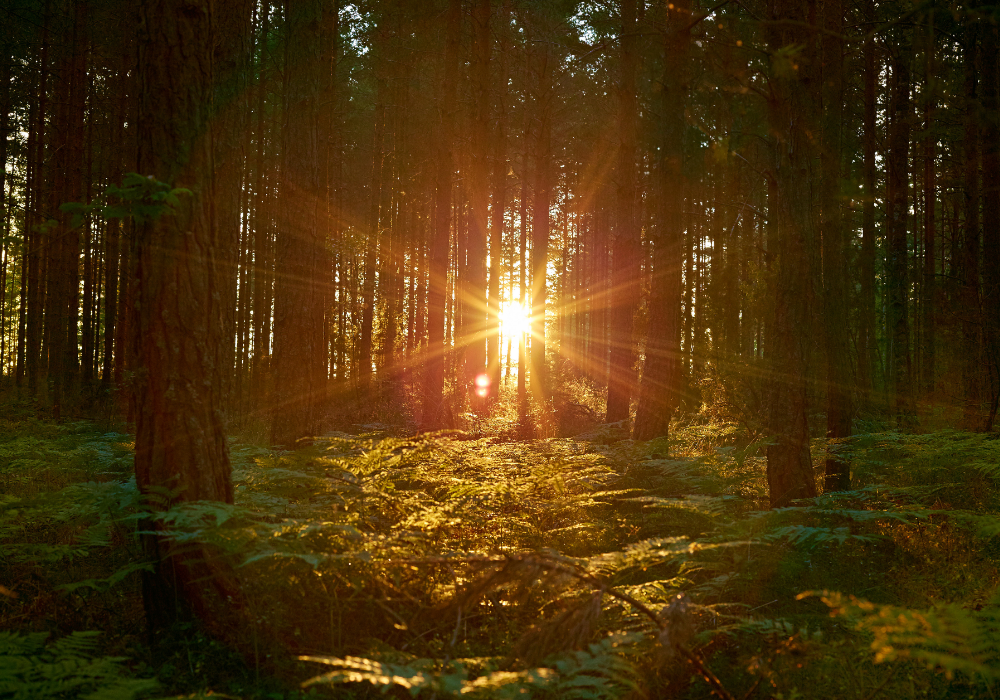
Creativity isn’t born in boardrooms or under fluorescent lights—it thrives in places where the mind is free to wander. That’s why some of the greatest artists, writers, and thinkers have drawn inspiration from the wilderness. When you strip away distractions and step into nature, your brain shifts into a more open, imaginative state.
Without the constant pull of notifications, your mind has the space to make unexpected connections. Maybe it’s the way sunlight filters through the trees or the unpredictable shape of a mountain range—whatever it is, nature sparks fresh ideas in ways that no Google search ever could. Studies back this up, showing that time outdoors enhances creative problem-solving. If you’re feeling stuck, don’t force it—step outside, and let the wild do the work.
6. Silence in the wilderness isn’t empty—it’s full of everything you need.
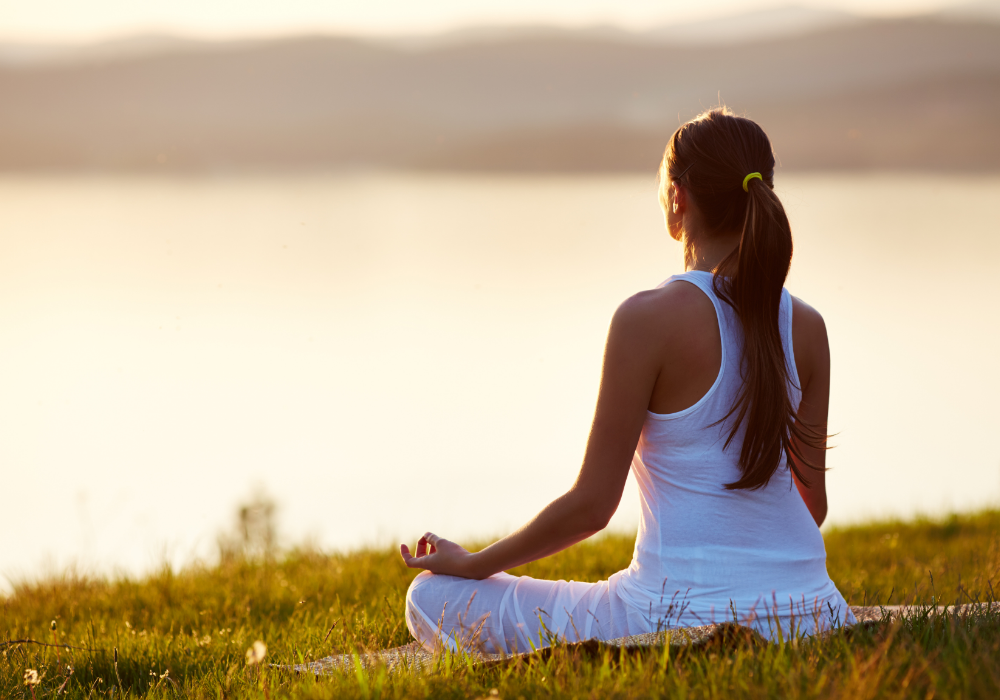
We’re conditioned to fill every quiet moment with background noise, but true silence—the kind you find deep in the woods or on a remote mountaintop—isn’t empty at all. It’s full of presence, full of clarity, full of everything we drown out in daily life.
In the wild, silence isn’t about the absence of sound; it’s about the presence of something deeper. The rustling of leaves, the distant call of an owl, the rhythmic crash of waves—these natural sounds have a grounding effect on the brain. They slow you down, calm your nervous system, and create space for thoughts that get lost in the daily rush. Instead of fearing the quiet, step into it. It might just be the most powerful thing you’ve heard in a long time.
7. Wind, rain, and dirt build resilience better than any self-help book.
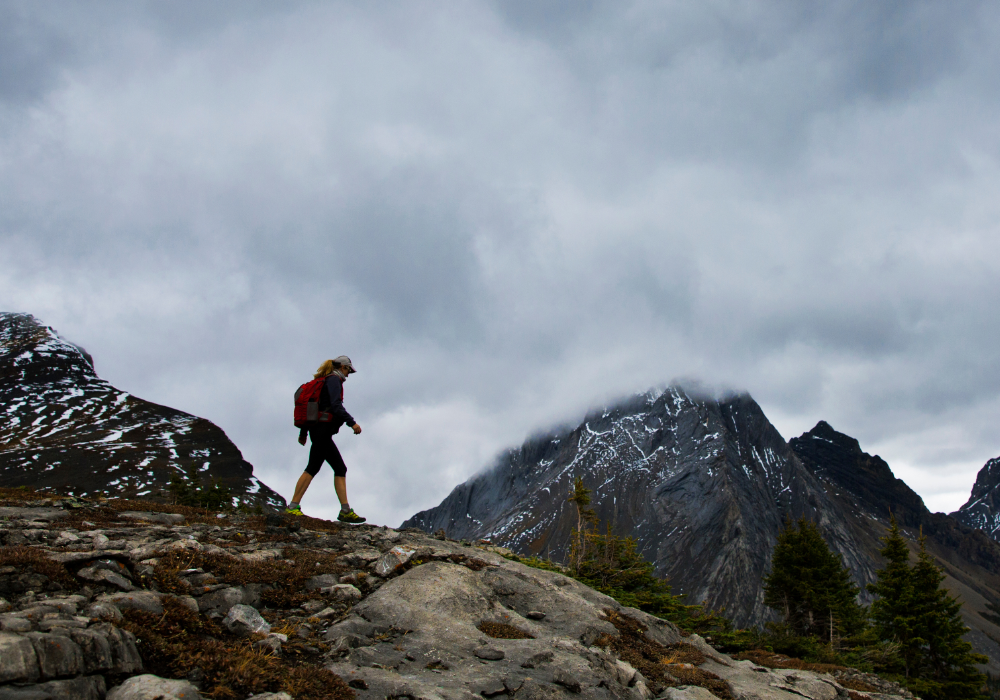
Personal growth doesn’t happen in comfort. It happens when you push your limits, face discomfort, and come out stronger. Nature has a way of forcing that growth—whether it’s hiking in unexpected rain, navigating rocky trails, or simply dealing with the unpredictability of the elements.
Modern life shelters us from discomfort, but the wild reminds us that we’re capable of more than we think. Struggling up a steep trail only to reach an awe-inspiring view? That’s resilience. Sleeping under the stars and realizing you don’t need much to be happy? That’s perspective. Nature humbles you, challenges you, and ultimately makes you tougher—not just physically, but mentally.
8. Locking eyes with a wild animal reminds you you’re not the main character.
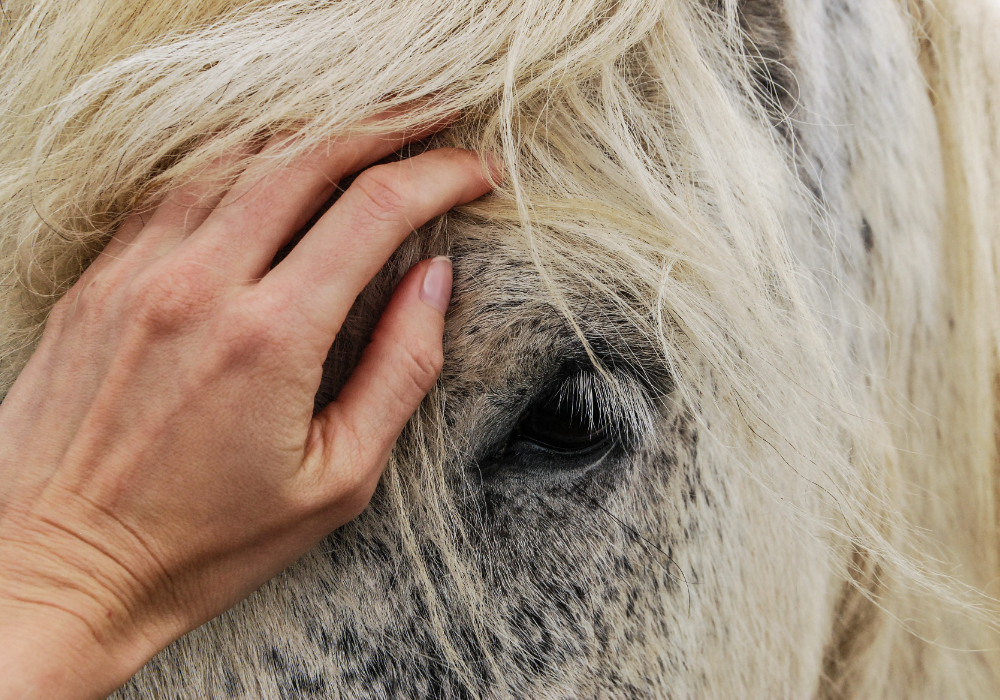
In daily life, it’s easy to feel like the world revolves around human existence. But the moment you cross paths with a deer in the woods or watch an eagle soar overhead, you remember—there’s a whole world that has nothing to do with us.
Wild animals operate on instincts honed over millions of years. They don’t care about your schedule, your notifications, or your to-do list. Seeing them in their natural habitat, completely unbothered by human concerns, is a powerful reminder that life exists beyond our own narratives. It’s humbling. It’s grounding. And it’s proof that the world was never just about us in the first place.
9. Moving through nature reconnects you to your body, no gym required.
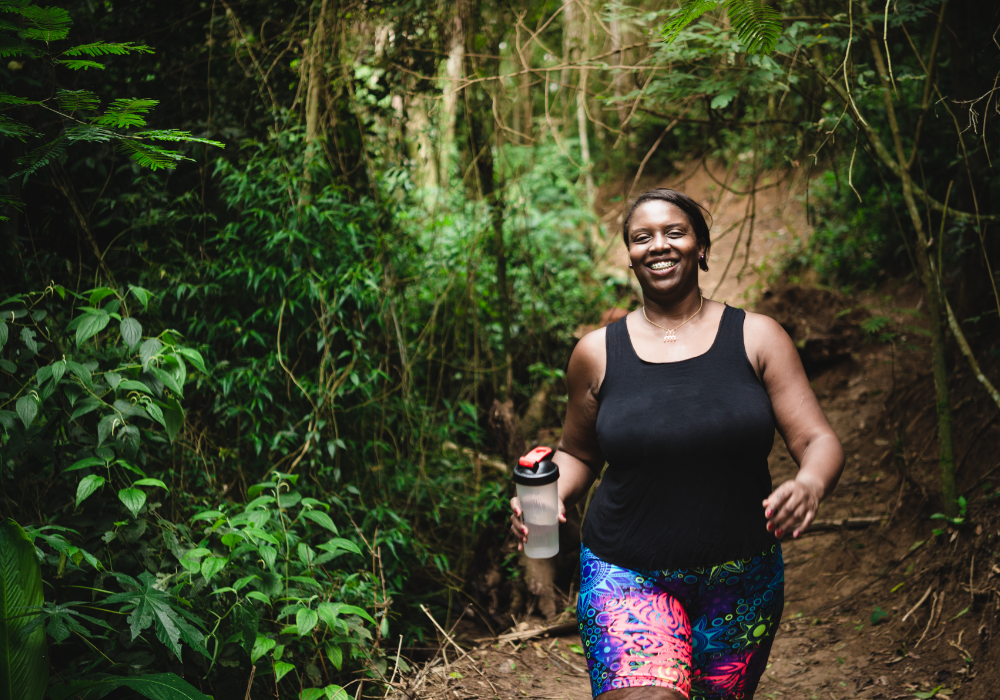
You don’t need a treadmill when you have trails. You don’t need fluorescent-lit yoga studios when you have grassy meadows. Movement in nature isn’t about burning calories—it’s about feeling alive in your body, the way humans were meant to.
Hiking, swimming, climbing, even just walking barefoot on the earth—it all activates something primal, something that gets lost in a world where we sit too much and stare at screens too long. Unlike structured workouts, time outside doesn’t feel like exercise.
It feels like play. Your body moves naturally, your muscles engage without forcing it, and before you know it, you feel stronger, more connected, and more at home in yourself than you have in a long time.
10. The unpredictability of the wild makes you sharper, braver, and less boring.
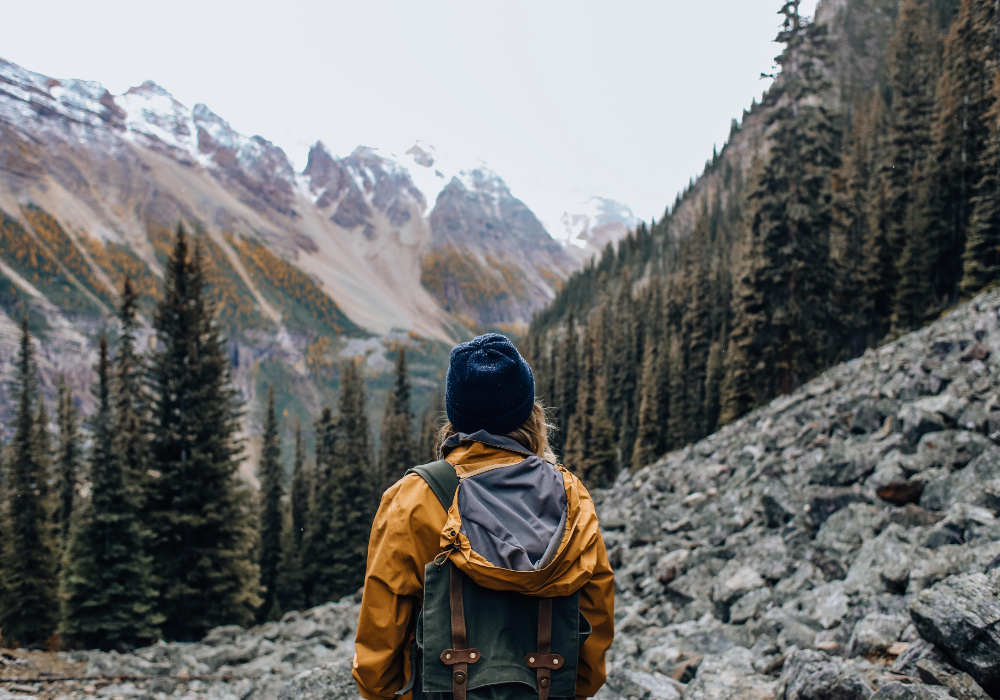
Nature doesn’t operate on a predictable schedule. Weather shifts, trails change, and sometimes, the path you thought you’d take disappears altogether. And that’s a good thing.
When you spend time in wild spaces, you learn to adapt. You get comfortable with uncertainty. Maybe you have to navigate unexpected obstacles or think on your feet when conditions change—that’s real-world problem-solving at its finest.
In a culture obsessed with control, nature reminds you that flexibility and adaptability are just as valuable as planning. Plus, let’s be honest—there’s nothing interesting about a life where everything always goes exactly as expected.
11. Breathing fresh air actually changes the way you think and feel.
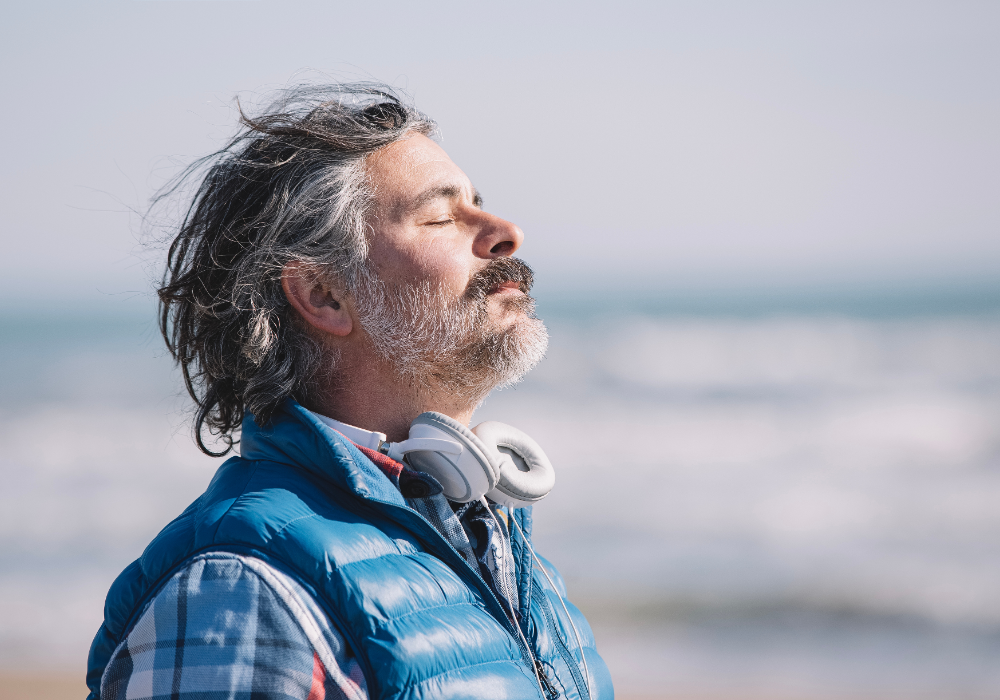
The air inside buildings is often stale, packed with pollutants, and recycled through vents for hours on end. Step outside, though, and you’re filling your lungs with something different—oxygen-rich, cleaner air that your body craves.
Studies show that breathing fresh air improves brain function, boosts mood, and even helps regulate emotions. Oxygen flow increases alertness and clarity, which is why people often feel more energized after just a few minutes outdoors. In natural settings, trees and plants release compounds that have been shown to reduce stress and enhance well-being. That first deep breath when you leave the city? It’s not just in your head—your brain and body respond to fresh air in ways that can’t be replicated indoors.
12. Sunlight resets your internal clock and helps you feel more alive.
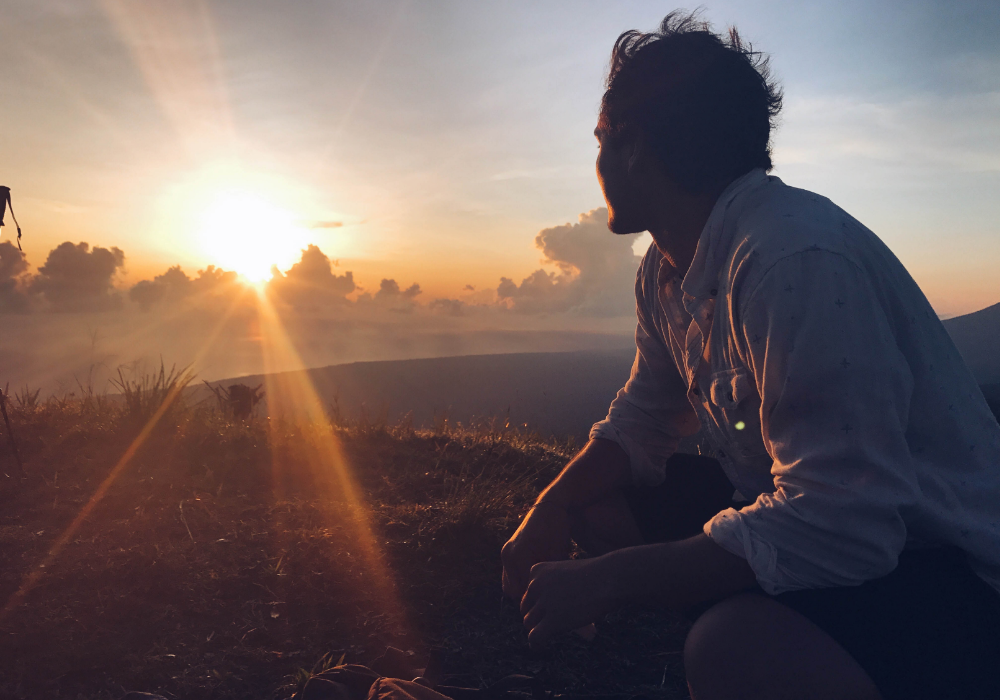
Spending too much time indoors, especially under artificial lighting, messes with your body’s natural rhythms. Your sleep gets disrupted, your energy levels crash at odd times, and you start feeling out of sync without knowing why. The fix? More sunlight.
Natural light regulates your circadian rhythm, the internal clock that controls sleep, mood, and even metabolism. Sun exposure also boosts serotonin, the hormone responsible for happiness and focus. That’s why a morning walk in the sun can feel more refreshing than a cup of coffee.
Even in colder months, getting outside and soaking up natural light for just 20 minutes can improve energy levels and reset your system. When you lose track of time in the wilderness, it’s not just relaxation—it’s your body syncing back to its natural state.
